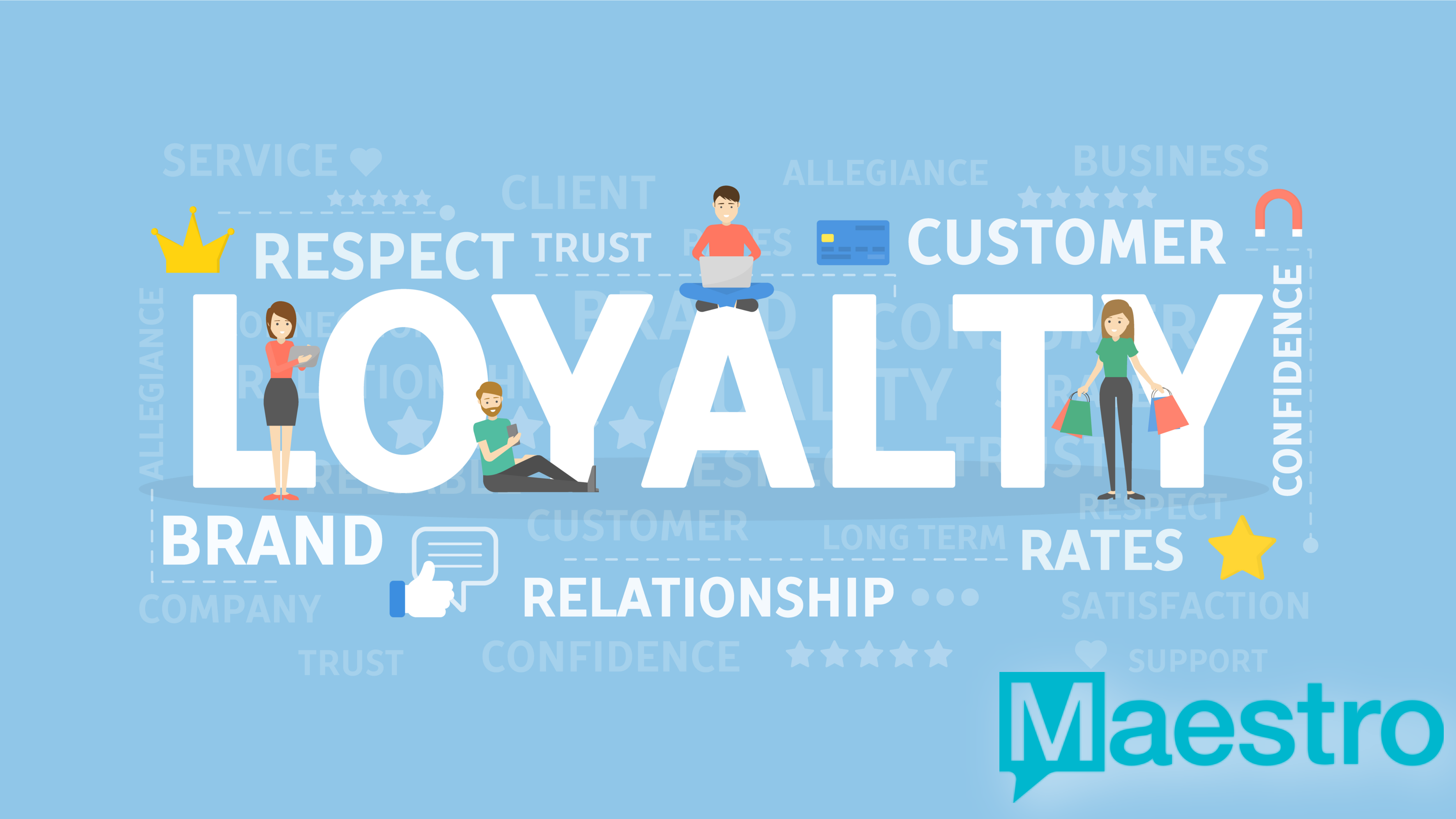How independent hoteliers can use an integrated PMS to offer a robust loyalty program and compete with big brands
By Warren Dehan

MARKHAM, Ontario — MAY 3, 2022 —Loyalty programs provide a bounty of opportunities for hotels to grow their customer base and better engage with travelers. A recent study shows 77 percent of hoteliers value driving guest loyalty as their No. 1 tech initiative for 2022. Unfortunately, independent hotels often struggle with implementing an effective loyalty program of their own. These programs can be complicated to launch and difficult to maintain, which can be challenging for independent operators to justify despite their potential to cement future bookings with guests and create a healthier booking landscape overall. A strong loyalty program may be just what is necessary for hotels to implement to recover bookings lost in the shuffle during 2020 and beyond.
Many hotels across the industry have also had their reputations damaged during the pandemic. Guests who traveled during that time often encountered a variety of inconsistent hotel experiences, and while the allure of “revenge travel” is spurring some into seeking out new experiences, the majority of travelers today crave consistency. Loyalty programs excel at setting logical expectations for a guests’ stay, improving their overall experience and enticing others to join.
One problem: not all loyalty programs are created equal. The best in the business offer a mix of rewards ranging from instant gratification to long-term goals. For independent hotels to have a fully-effective loyalty strategy in the post-pandemic marketplace, it’s important to have an integrated PMS system enabling guests to grow their relationship with the hotel during every transaction and interaction including pre and post stay, and during their on-property experience from any of the outlets or amenities offered.
Experiential Integrations
Traditionally, hotels’ go-to amenity for customer loyalty is access to free Wi-Fi. This offering has gradually reduced in value in the eyes of travelers, who are increasingly expecting access to free Wi-Fi everywhere they go. While still an effective draw for growing loyalty membership, hotels must be prepared to offer more than this in the long run. Otherwise, they risk limiting their loyalty program to a gatekeeper to on-property Wi-Fi, and not a service that is actively working toward growing loyalty in travelers.
An effective hotel loyalty incentive program provides guests with a variety of ways to earn and benefit from rewards. Point and cash-based reward systems remain popular with travelers, but it is questionable if they have a direct impact on loyalty. Hotels should also offer incentives for repeat bookings, such as free nights to credits at the hotel restaurant, premium guestroom amenities, hotel spa, gift shop, room upgrades, and other services based on the hotel and its location.
Independent hoteliers looking to implement a more robust loyalty program should verify their property-management system is equipped to handle the necessary processes. Some PMS providers offer fully-integrated loyalty programs that enable hoteliers to cut down on the number of third-party services they work with to offer a high-quality guest experience while also eliminating transaction fees associated with the program. It’s also important to ensure that your PMS can integrate its loyalty capabilities with other systems including other POS systems, gaming, ticketing and any other systems where there is an opportunity to promote your loyalty program, and bring unique value to guests. Operators should first clearly define what they want their loyalty program to mean for their guests, and then fully research PMS providers with the built in capabilities that fit their needs, the integrations with third parties to meet their objectives, and most likely, both.
These capabilities can help independent hotels offer loyalty rewards that remain competitive with major brands if operators are fully committed to launching and maintaining the system.
Building Momentum
Loyalty programs are typically easy for a hotel’s marketing department to manage once they are in place but getting there can be a challenge for independent operators. The responsibility falls on these hoteliers to define and implement their own loyalty program from scratch, and in most cases, it is not for the faint of heart. These programs feed off (and into) nearly every department within a hotel, therefore strong internal organization — and possibly outside consulting experience — is often necessary for a loyalty program to be implemented effectively and efficiently.
Despite this, the benefits of an effective loyalty program can be transformative for a hotel. The biggest advantage conveyed by hotel loyalty programs is the ability to build long-term profiles on your guests, their preferences, and how to best serve them. By gradually filling out guest profiles over the course of repeat stays, operators can predict their needs prior to their arrival. This includes amenities waiting at check-in, as well as targeted promotional communications sent to travelers prior to their trip, designed to increase engagement once they are on property.
If a guest typically likes to order room service, for example, hotel loyalty program can track that information with a fully integrated PMS solution that provides a 360-degree view of the guest. A property’s marketing team can then follow up with email offers or reminders directing them to the on-property restaurant offerings and promotions. Even something as simple as recognizing a guest at check in and offering a verbal note about a positive experience during a previous stay can help travelers feel valued and build on earning loyalty.
Many independent hotels and resorts have yet to fully realize the potential of loyalty programs on repeat bookings because few properties are able to exceed expectations in the post-pandemic hotel landscape due to many factors particularly labor challenges. By blending both immediate guest gratification with long-term incentive goals, and keeping guests engaged by meeting and exceeding their expectations during their on-property experiences, hotels and resort groups can help create a new era of traveler loyalty.
 Warren Dehan is the President of
Warren Dehan is the President of